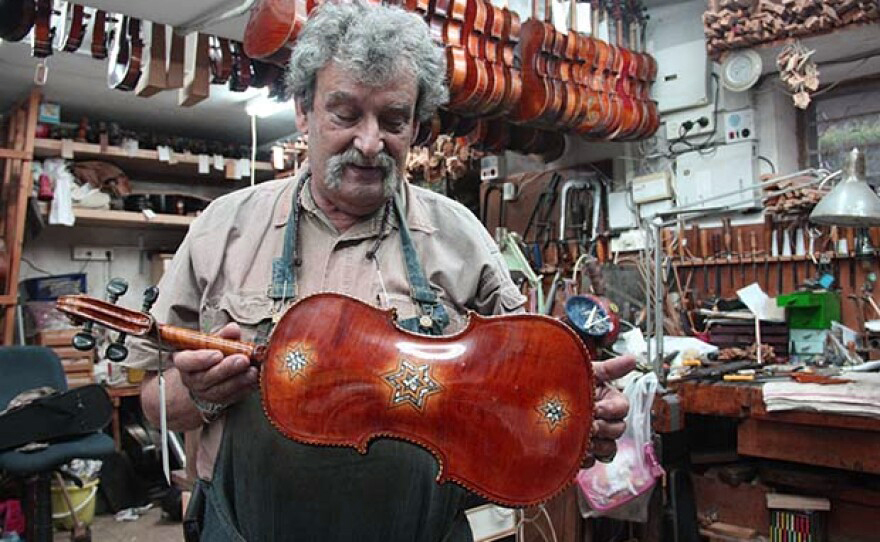How Violin Manufacturers Preserve Musical Heritage

In the world of music, violins hold a special place as timeless instruments that have shaped classical compositions and inspired generations of musicians. Behind every exceptional violin lies the craftsmanship of dedicated violin manufacturers. These artisans play a crucial role in preserving musical heritage by upholding centuries-old traditions, creating instruments of exceptional quality, and ensuring the continuation of musical legacies. In this article, we will explore how violin manufacturers contribute to sustaining musical heritage.
- Commitment to Craftsmanship
Violin manufacturers exemplify a deep commitment to craftsmanship. They meticulously handcraft each instrument, paying close attention to every detail, ensuring the highest quality standards are met. These artisans have honed their skills through years of experience, often passed down through generations. By adhering to time-honored techniques and practices, violin manufacturers maintain the integrity and authenticity of traditional violin-making, thereby preserving musical heritage.
- Reviving Historical Designs
Many violin manufacturers understand the importance of historical designs and their connection to musical heritage. They study and replicate the techniques used by renowned luthiers of the past, such as Stradivarius, Guarneri, and Amati. By reviving these historical designs, they breathe new life into classical instruments, ensuring that the unique characteristics and tonal qualities of these iconic violins are preserved for future generations.
- Selecting Premium Tonewoods
The choice of tonewoods is a crucial aspect of violin making. Violin manufacturers carefully select premium tonewoods, such as spruce for the top and maple for the back, sides, and neck. These woods are chosen for their resonance, density, and tonal qualities. By using the same tonewoods that have been favored for centuries, violin manufacturers ensure that the instruments they create maintain the authentic sound and timbre that have become synonymous with classical music.
- Collaboration with Musicians
Violin manufacturers often collaborate closely with musicians, including professional violinists and orchestras. These collaborations provide valuable insights into the needs and preferences of performers. By understanding the demands of musicians, violin manufacturers can refine their instruments and tailor them to meet the requirements of different playing styles and genres. This symbiotic relationship between manufacturers and musicians fosters the preservation and evolution of musical heritage.
- Passing Down Knowledge and Skills
The art of violin making is not only preserved through the instruments themselves but also through the passing down of knowledge and skills. Established violin manufacturers often serve as mentors to aspiring luthiers, sharing their expertise, techniques, and insights. This apprenticeship model ensures that the craftsmanship and traditions of violin-making continue to thrive and evolve, safeguarding musical heritage for future generations.
Conclusion
Violin manufacturers play a vital role in preserving musical heritage through their unwavering commitment to craftsmanship, revival of historical designs, selection of premium tonewoods, collaboration with musicians, and the passing down of knowledge and skills. Their dedication ensures that the legacy of classical music lives on, and the instruments they create become vessels for artistic expression and cultural heritage. As we appreciate the enchanting melodies produced by these instruments, let us recognize and celebrate the invaluable contributions of violin manufacturers in sustaining the rich tapestry of musical traditions.

Leave a Reply